
Speaking on JoyNews’ PM Express on TV, Ranking Member of the legislature’s Constitutional, Legal and Parliamentary Affairs Committee said, that is what is combining to produce the suspicion that the GLC is intentionally limiting the intake of students.
“And that, the discretion so vested in them is being abused, in such a way as not make potential students have access to examination results and even cannot question the way their scripts have been marked,” Inusah Fuseini said Monday evening.
The GLC
The General Legal Council is the main regulatory body for the conduct and administration of legal education and profession in Ghana. By its setup, the council is empowered and authorised to determine the policy and focus of legal education and training as well as the regulation of professional legal practice and ancillary matters.
The serving Chief Justice is the Chairperson of the Council, and the Judicial Secretary is its Secretary together with other appointed members including the three senior-most Supreme Court Justices, the Attorney-General and her nominee, the President, Vice and Secretary of the Ghana Bar Association and the Ashanti Regional Bar President.
According to Mr Inusah Fuseini, it is about time “the GLC acts as a regulator and hive off the Law School. So that the Law School becomes a player like all other players.”
That is not all.
Systemic challenges with legal education
Mr Fuiseini added that the crisis which has embroiled legal education is also because managers of law education in the country are still deploying systems used in 1963 to run legal education in 2019.
Tracking the history of the Ghana Law School, he said, it was built to feed LLB students from the University of Ghana. At the time, the students were no more than 80 in number.
However, the numbers willing to offer law now have astronomically increased given that almost all public universities are offering the programme.
“We have also now liberalised the provision of legal education, it means that the structure that was put up in and around 1960 for the purposes of training lawyers, can no longer stand,” he cautioned.
Mass failures and conspiracy theories
This year over 90 per cent of the students who sat for Law School Entrance Examination failed.
Results showed that of the 1,820 candidates who sat for the entrance exams, only 128, representing a ten per cent pass.
The story is no different from failures recorded in the Ghana Bar exams a few months ago.
Again more than 90 per cent of the 727 students who wrote that exams failed, sparking agitation among the students.
A demonstration to protest the limited admissions and mass failures ended on a bloody note as police used rubber bullets to disperse them before they could present a petition to the president.
GCL denies deliberate attempt to restrict legal education
The Ghana Legal Council has consistently denied the allegation that it has an agenda to restrict legal education to some privileged few.
The Chief Justice, Sophia Akuffo, who heads the GLC has consistently said that the low numbers that consistently make it to the Ghana School of Law is simply an issue of ensuring that only qualified persons are produced as lawyers.
Speaking on the topic ‘Questing for Excellence’ at the 2019 University of Ghana Alumni Lectures, Madam Akuffo told the gathering “a good lawyer for each Ghanaian is what we deserve. Not lots of lawyers.
For emphasis, she added, “I will stand here again and say we need quality lawyers, not mass-produced lawyers.”
This was the third time (in less than three months), the Chairman of the Ghana Legal Council, the body responsible for regulating the legal profession in the country, has expressed her convictions publicly on the vexed issue of legal education.
The first was at the Bench, Bar and Faculty Conference at the Labadi Beach Hotel in Accra in July.
There, she told lawyers and lecturers “who are busy advocating free scale, mass admissions into the professional law course, and mass production of lawyers, (to) be careful what they wish for.”
According to her “so long as (she) has anything to do with it (legal education), it won’t happen.”
“Just like you can’t mass produce doctors and surgeons, Ghanaians must not have mass-produced lawyers imposed on them,” the Chief Justice added.
Read Full Story



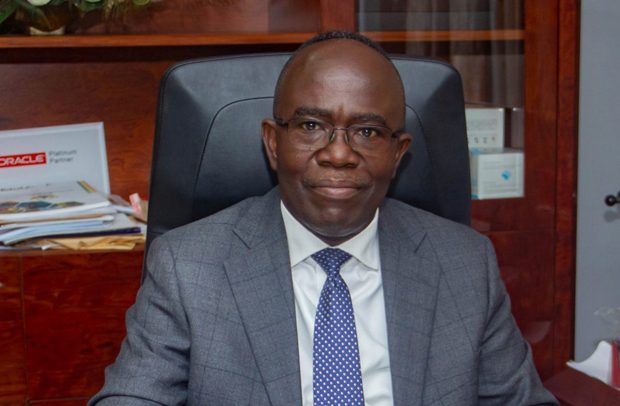

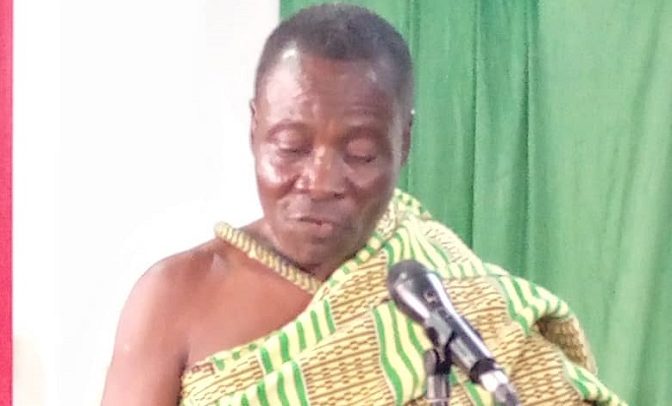
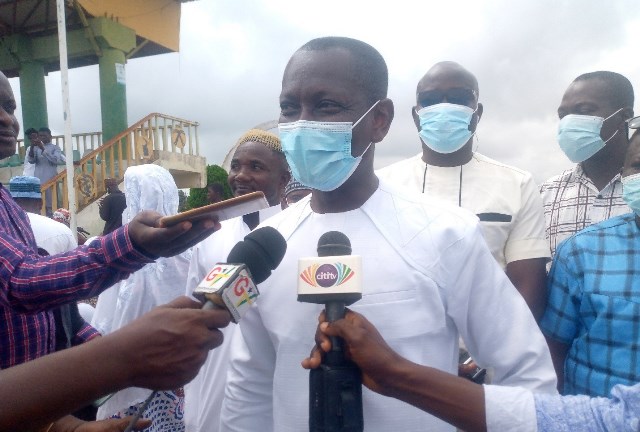
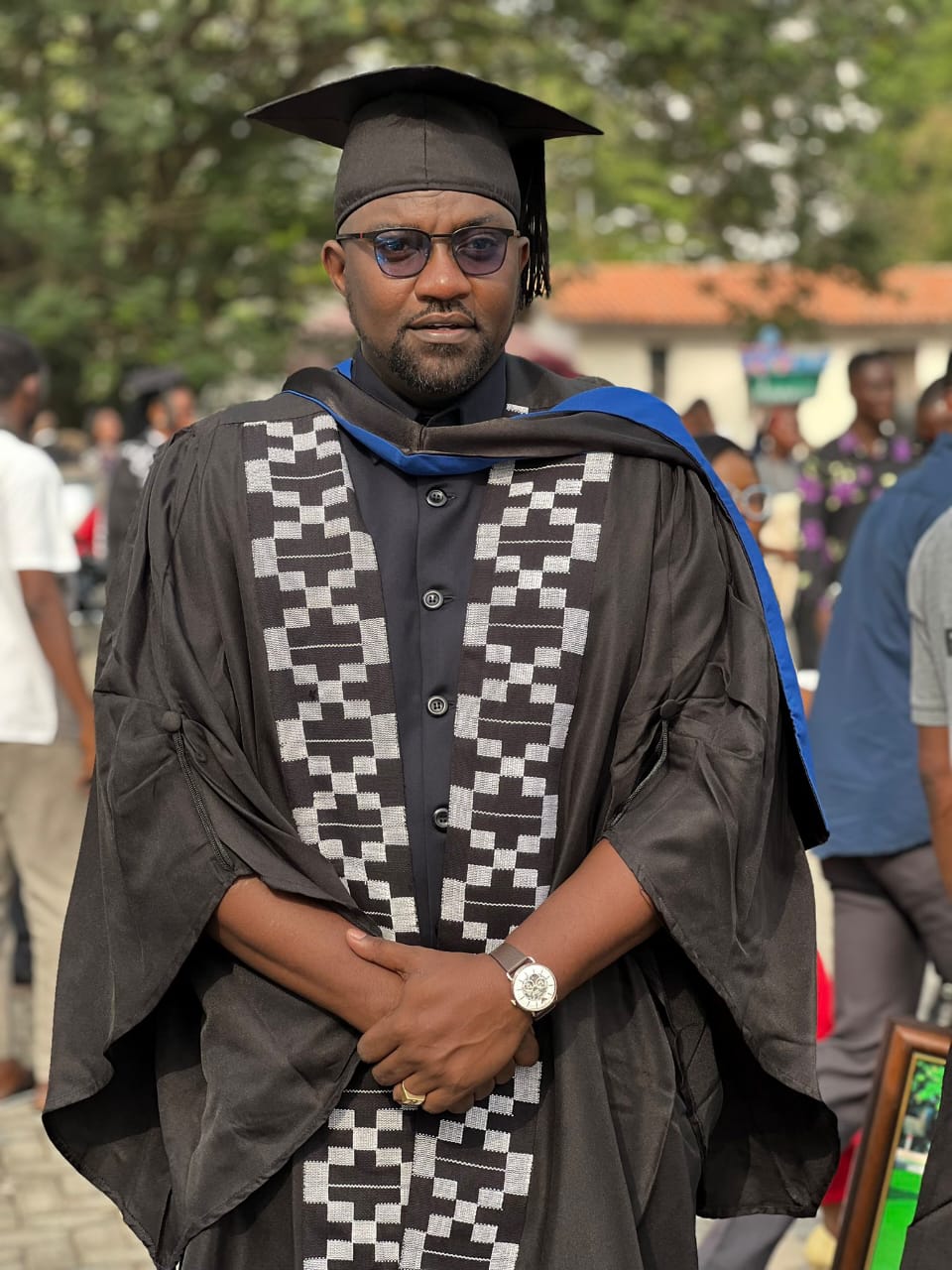










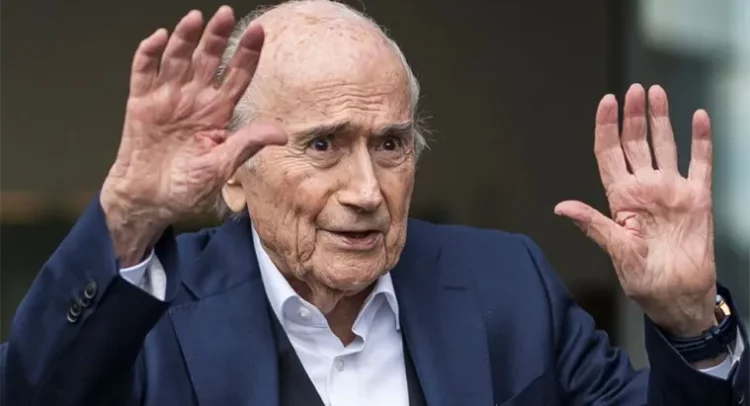
Facebook
Twitter
Pinterest
Instagram
Google+
YouTube
LinkedIn
RSS